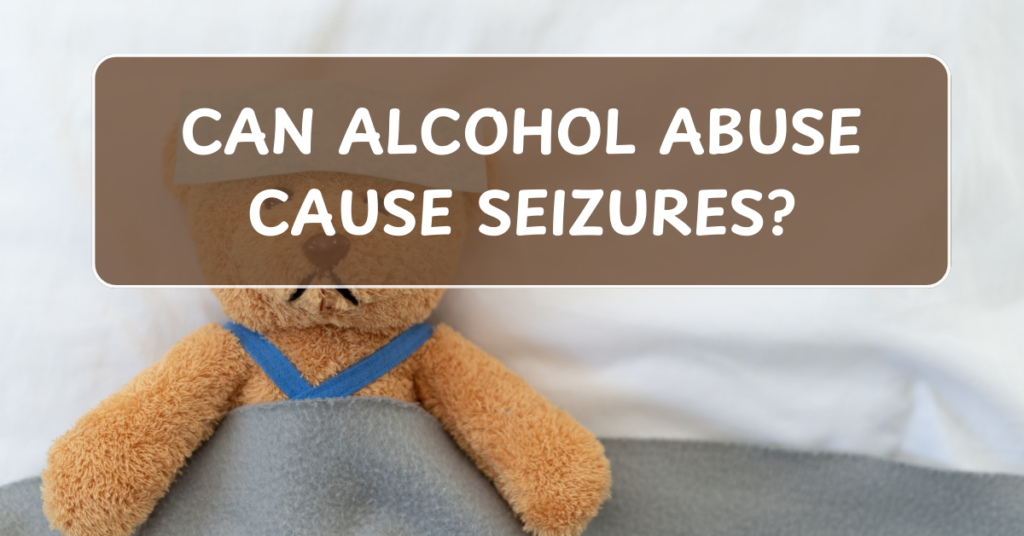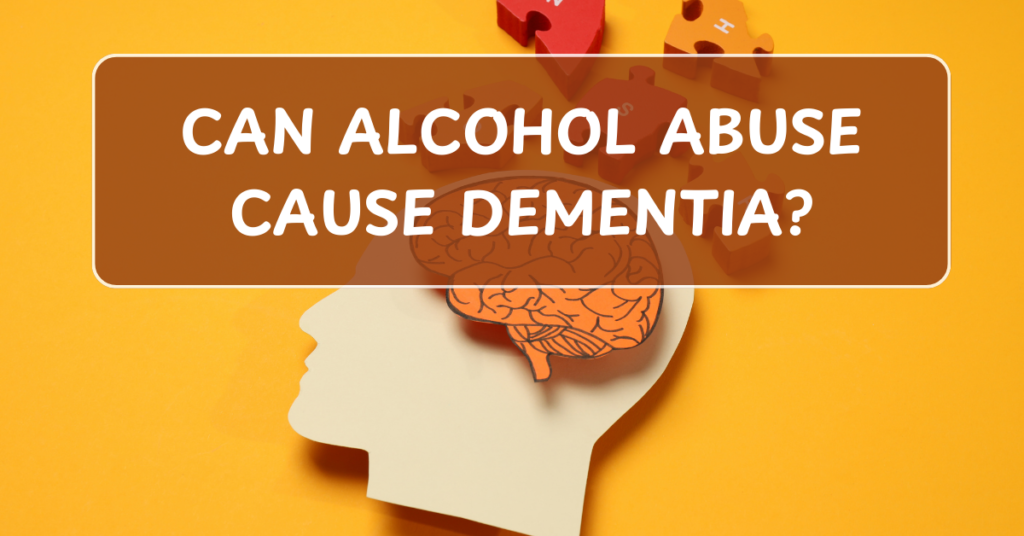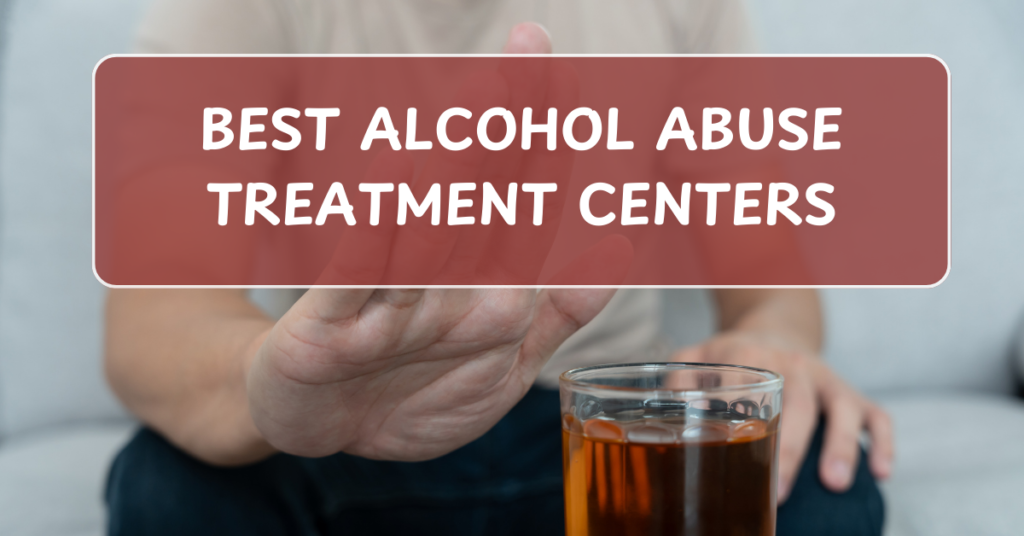
Yes, alcohol abuse can cause seizures. Seizures related to alcohol occur due to its direct and indirect effects on the brain. These seizures can happen during heavy drinking, alcohol withdrawal, or as a result of long-term alcohol abuse causing damage to the brain. Below is a detailed exploration of how alcohol abuse contributes to seizures.
1. Types of Alcohol-Related Seizures
a. Acute Alcohol-Related Seizures
These seizures can occur shortly after excessive alcohol consumption, particularly in individuals who binge drink.
- How It Happens: Alcohol temporarily suppresses the brain’s excitatory neurotransmitters. When alcohol levels drop rapidly, the suppressed excitatory activity rebounds, causing a seizure.
- Timing: These seizures typically occur within six to 48 hours after the last drink.
b. Withdrawal Seizures
Alcohol withdrawal is one of the most common causes of alcohol-related seizures.
- How It Happens: Chronic alcohol use alters the brain’s chemical balance. When alcohol is suddenly stopped, the nervous system becomes hyperexcitable, leading to seizures.
- Timing: Withdrawal seizures often occur within the first 24 to 48 hours of stopping alcohol consumption.
- Risk Factors: Heavy, prolonged alcohol use increases the risk of withdrawal seizures.
c. Chronic Alcohol-Related Seizures
Long-term alcohol abuse can lead to permanent brain damage, increasing the risk of recurrent seizures.
- Alcohol-Related Epilepsy: Chronic alcohol abuse may contribute to the development of epilepsy, a condition where seizures occur without any immediate trigger.
2. How Alcohol Abuse Triggers Seizures
a. Effects on Brain Chemistry
Alcohol affects the balance of neurotransmitters, which regulate brain activity.
- Suppression of GABA: Alcohol enhances the effects of gamma-aminobutyric acid (GABA), an inhibitory neurotransmitter, during drinking, creating a sedative effect.
- Excitation During Withdrawal: When alcohol is removed, the brain experiences a surge in excitatory neurotransmitters, leading to hyperactivity and seizures.
b. Electrolyte Imbalances
Chronic alcohol abuse can cause dehydration and deficiencies in electrolytes like magnesium, potassium, and calcium, which are essential for normal brain and nerve function.
c. Malnutrition and Vitamin Deficiencies
- Thiamine Deficiency: Alcohol interferes with the absorption of vitamin B1 (thiamine), leading to Wernicke-Korsakoff Syndrome, which can contribute to seizures.
- General Malnutrition: Poor dietary habits associated with alcohol abuse further weaken the brain’s ability to function properly.
d. Liver Damage and Toxicity
Chronic alcohol abuse often leads to liver damage. A damaged liver cannot effectively clear toxins, which can build up in the bloodstream and reach the brain, increasing the risk of seizures.
3. Risk Factors for Alcohol-Related Seizures
Several factors increase the likelihood of seizures related to alcohol abuse:
- Heavy or binge drinking patterns
- Sudden cessation of alcohol after long-term use
- History of seizures or epilepsy
- Poor nutrition and chronic dehydration
- Pre-existing brain injuries or conditions
4. Can Alcohol Abuse Cause Epilepsy?
Chronic alcohol abuse can increase the likelihood of developing epilepsy, a condition where individuals experience recurrent, unprovoked seizures. The permanent changes alcohol makes to brain structure and function, along with conditions like traumatic brain injury and liver disease, contribute to this risk.
5. Prevention and Treatment
a. Preventing Alcohol-Related Seizures
- Avoid heavy and prolonged alcohol consumption.
- Do not abruptly stop drinking without medical supervision if you are a heavy drinker.
- Maintain a healthy diet and address nutritional deficiencies.
- Seek medical advice if you have a history of seizures or neurological issues.
b. Treatment for Alcohol-Related Seizures
- Emergency Care: If someone has a seizure, ensure their safety and call emergency services.
- Alcohol Detoxification: Medically supervised detox can reduce the risk of seizures during withdrawal.
- Medications: Benzodiazepines and anti-seizure medications are often used to manage withdrawal symptoms.
- Long-Term Recovery: Treating alcohol dependency through counseling, rehabilitation programs, and support groups can prevent future complications.
6. When to Seek Help
If you or someone you know is experiencing seizures related to alcohol, it is crucial to seek medical assistance immediately. Seizures are serious and potentially life-threatening events that require professional intervention to address both the immediate risks and the underlying causes.
Conclusion
Alcohol abuse is a significant risk factor for seizures, whether during acute intoxication, withdrawal, or as a result of chronic damage to the brain. Early intervention, medical supervision, and addressing alcohol dependency can help reduce the risk of seizures and improve overall health. If you’re struggling with alcohol abuse, reaching out to healthcare professionals and support groups can be the first step toward recovery.


